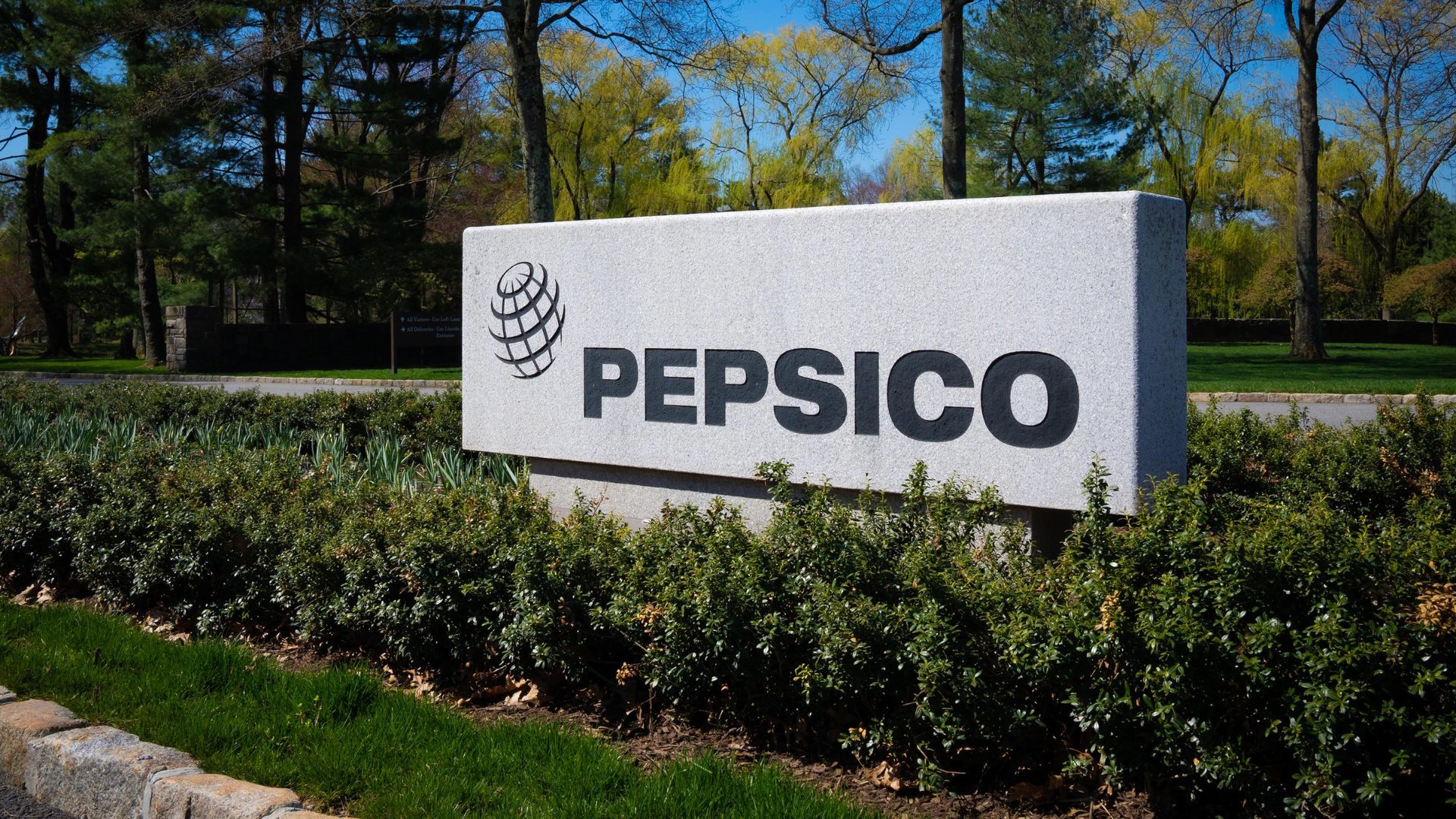Companies’ searches for great CEOs appear to be tougher than ever. Consider: Not long ago, Starbucks had a CEO – Laxman Narasimhan – who lasted mere months in the role. Since early 2024, Kirk Tanner has served as the chief executive of PepsiCo, Wendy’s and, finally, Hershey. Other, similar mishires dot the business landscape.
In general, the CEO role has seen high turnover and a shorter average tenure over the past year. The stress comes from a complex combination of external economic, social, and political factors that have created a highly unpredictable business environment rife with tariffs, inflation, and supply chain concerns.
“CEOs must navigate these tricky waters intensified by the increased scrutiny of vigilant boards and activist investors,” said Issy Perez, consumer & retail global practice leader at Boyden.
“CEOs are under more pressure than ever,” said executive coach and author John Blakey, which he credits in part to the fact that public scrutiny of professional standards is higher than ever.
Blakey added that “trust arrives on foot but leaves on horseback.”
The CEO’s New Reality: Constant Change
Patience has worn thin in most boardrooms in 2025. The economy is slowing, and cost structures are higher. Interest rates are higher, too. It’s much harder to drive growth and manage costs in the current environment. Yet, publicly traded companies are demanding returns.
That all heaps added pressure on CEOs’ shoulders.
“Similar to high-profile leaders in politics and sport, the pressure is relentless, and when mistakes happen the stakes are high,” Blakey said. “For all these reasons, a CEO’s tenure can be short.”
It’s simply a reality of life for today’s top business leaders. In 2025, companies need CEOs who deliver results while protecting the organization’s long-term reputation.
“Boards are growing less patient with long-term turnaround strategies, while activist investors increasingly push for higher returns,” Perez explained.
“Boards are moving away from stable, long-term leadership toward a model of continuous change, seeking fresh perspectives and bold ideas to remain relevant and competitive.”
Modern CEOs must constantly upgrade and update their skills. A modern CEO must be able to coordinate strategies that consider multiple viewpoints, while possessing a vast array of hard skills and soft skills.
But that’s just the start.
3 Key Traits of Successful, Modern CEOs
In 2025, the most successful CEOs inspire trust, engage employees through empathy, and lead with transparency. Effective CEOs also move swiftly to keep their organization ahead of change.
Here’s a few of the most important attributes associated with great CEOs these days:
Adaptability and Resilience
The best CEOs navigate disruption with agility. Experts agree that, whether facing supply chain breakdowns, reputational challenges, or aggressive competition, effective modern leaders remain composed and thrive amid uncertainty.
Exceptional EQ
Possessing a high level of emotional intelligence (or EQ) is a prerequisite for success when leading a business. These days, the strongest leaders listen deeply, inspire confidence, and lead via trust rather than control.
By being open about challenges and successes, CEOs can create a culture of accountability and shared ownership. “Empathy is non-negotiable,” Perez said.
Decisiveness
The best leaders act boldly, without hesitation. Speed matters – now more than ever.
“Effective CEOs make informed, calculated decisions,” Perez said, “ensuring their organizations can outpace change.”
The Food Institute Podcast
How can a food industry trade show spark global culinary creativity? Anuga’s JP Hartmann, U.S. Consul General Preeti Shah, and World Food Championships’ Nikki Jackson share their perspectives on how the U.S. presence at Anuga 2025 is helping to bridge culinary experiences together.







